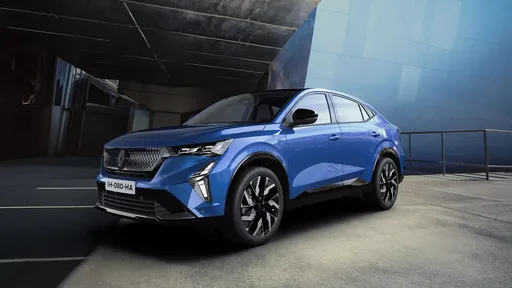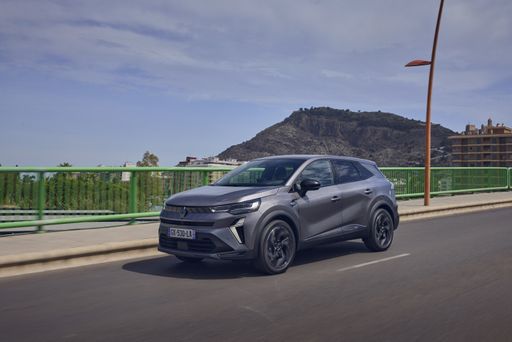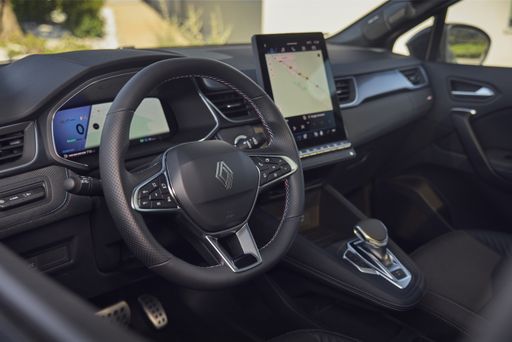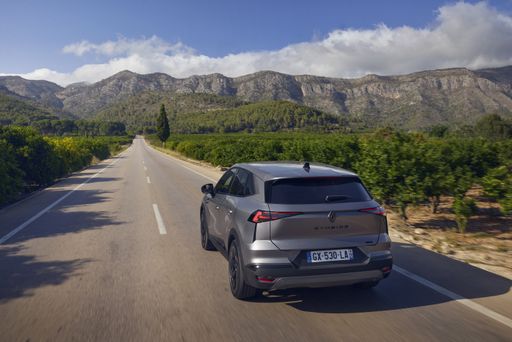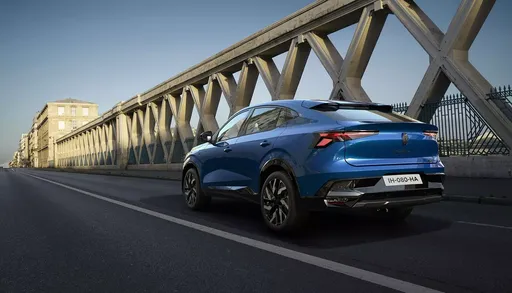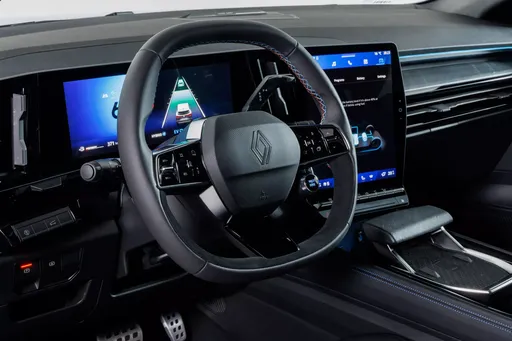Introduction: Renault Symbioz vs. Renault Rafale
In the fast-evolving automotive landscape, Renault presents two remarkable contenders: the Symbioz and the Rafale. Both models showcase innovative engineering and hybrid technologies, appealing to eco-conscious consumers who seek versatile performance. This article delves into a detailed comparison of their technical specifications and innovative features.

